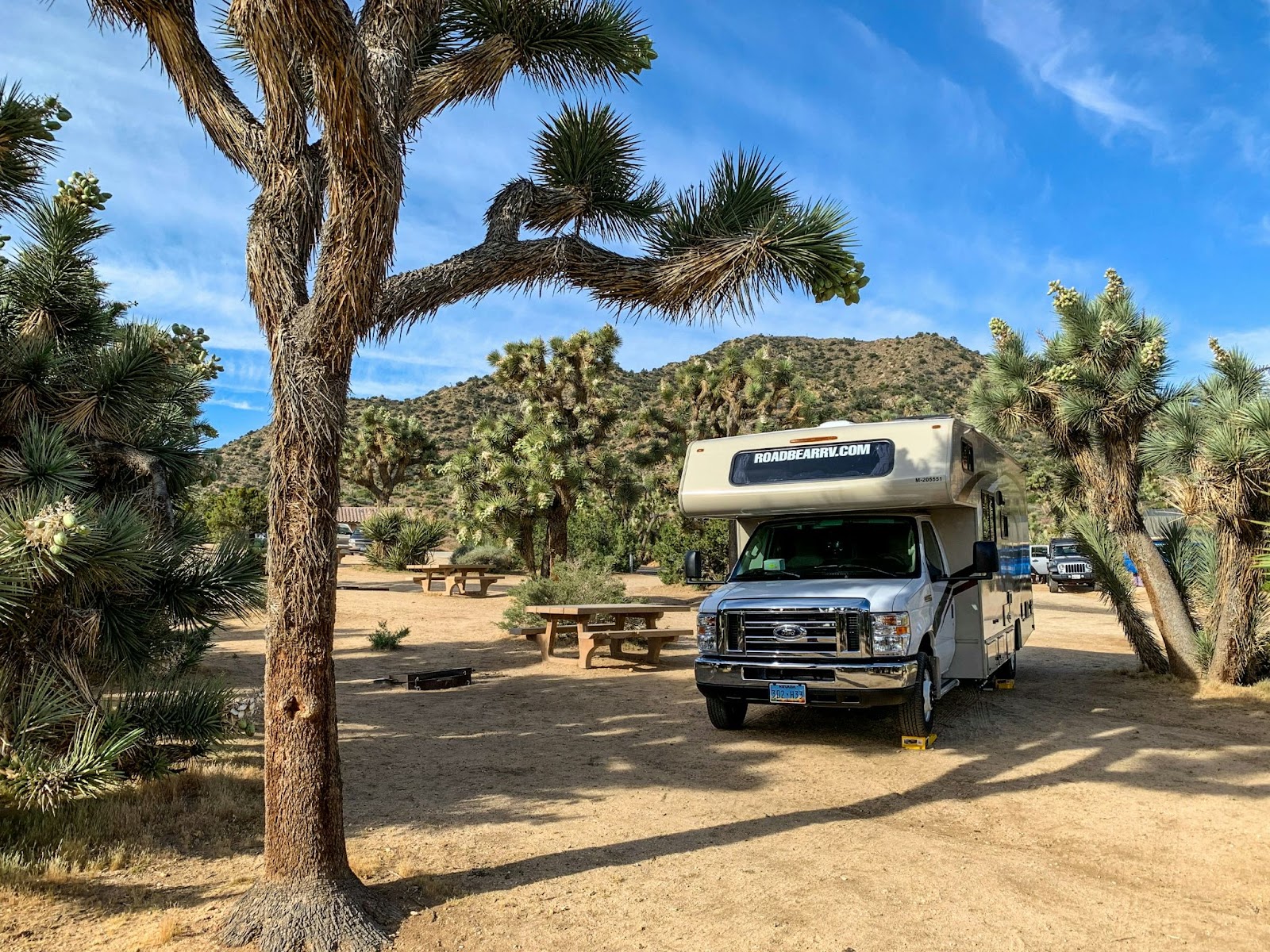Compare private RV parks and public campgrounds to find the best fit for your next RV adventure. Explore costs, amenities, and experiences!"

When planning an RV trip, one of the biggest decisions you’ll face is choosing between a private RV park and a public campground. Both options offer unique benefits and drawbacks, depending on your travel style, budget, and desired amenities. In this guide, we’ll explore the pros and cons of each to help you make the best choice for your next adventure.
What Are Private RV Parks?
Private RV parks are privately owned and operated campgrounds that cater specifically to RV travelers. These parks often feature a wide range of amenities and are designed for comfort and convenience. Many private RV parks are part of national chains like KOA (Kampgrounds of America) or Good Sam Parks, while others are independently owned.

Pros of Private RV Parks
- More Amenities – Private RV parks typically offer a variety of amenities, such as full hookups, Wi-Fi, swimming pools, laundry facilities, and even on-site restaurants. Some high-end resorts may include golf courses, fitness centers, and spas.
- Consistent Quality – Many private RV parks maintain high standards of cleanliness, landscaping, and customer service. Because they operate as businesses, they strive to create a pleasant experience for guests.
- Easy Reservations – Most private RV parks allow you to book a site online or by phone, reducing uncertainty and ensuring a spot upon arrival.
- Security – Private parks often have gated entrances, security patrols, and surveillance cameras to provide a safer environment.
- Community & Social Events – Many private parks host community activities such as game nights, potlucks, and live entertainment, making them a great option for social travelers.
Cons of Private RV Parks
- Higher Costs – The biggest downside to private RV parks is their price. The nightly rates can be significantly higher than public campgrounds, sometimes ranging from $40 to over $100 per night.
- Crowded & Close Sites – Many private parks maximize their space, resulting in small, closely packed RV sites with little privacy.
- Less Natural Setting – Private RV parks are often located near highways or urban areas, which can mean more noise and fewer opportunities for nature-based activities.
- Rules & Regulations – Some private RV parks have strict rules regarding RV age, pet restrictions, and quiet hours, which may not be ideal for all travelers.
What Are Public Campgrounds?
Public campgrounds are government-owned camping areas found in national parks, state parks, forests, and other public lands. These campgrounds are typically managed by organizations like the National Park Service, U.S. Forest Service, or local municipalities.

Pros of Public Campgrounds
- Lower Costs – Public campgrounds are generally more affordable than private RV parks, with fees often ranging from $10 to $40 per night.
- Scenic & Natural Locations – These campgrounds are usually located in beautiful natural settings, offering access to lakes, mountains, forests, and wildlife.
- Larger, More Spaced-Out Sites – Public campgrounds often provide larger campsites with more privacy and space between neighbors.
- Outdoor Activities – Many public campgrounds are within national or state parks, offering hiking trails, fishing spots, kayaking, and other outdoor recreation opportunities.
- Relaxed Atmosphere – Compared to private parks, public campgrounds tend to have a more relaxed, back-to-nature feel, making them ideal for those who enjoy rustic camping.
Cons of Public Campgrounds
- Limited Amenities – Unlike private RV parks, public campgrounds often lack full hookups, Wi-Fi, and luxury facilities. Some may not even have dump stations or showers.
- First-Come, First-Served Policy – Many public campgrounds do not accept reservations, which can make it difficult to secure a spot, especially during peak seasons.
- Limited or No Hookups – Many public sites do not provide full hookups for water, electricity, or sewer, requiring RVers to rely on battery power and water tanks.
- Remote Locations – While being in nature is a perk, it can also be a drawback. Public campgrounds are often far from grocery stores, gas stations, and other necessities.
- Wildlife & Weather Risks – Camping in remote locations means encountering wildlife, such as bears, and dealing with unpredictable weather conditions.
Which Option is Right for You?
Choosing between a private RV park and a public campground depends on your travel needs and preferences. Here are some factors to consider:

- Budget: If you’re looking for a cost-effective option, public campgrounds are the better choice.
- Comfort & Convenience: If you prefer modern amenities and easy access to services, private RV parks are ideal.
- Nature & Scenery: If you love outdoor adventures and scenic landscapes, public campgrounds offer the best experience.
- Socializing: If meeting other RVers and participating in community activities is important to you, private RV parks provide more opportunities.
- Trip Length: For long-term stays, private parks may offer better accommodations, while public campgrounds are better suited for short, nature-focused trips.
Final Thoughts
Both private RV parks and public campgrounds offer unique advantages and challenges. If luxury, security, and social events matter most to you, private RV parks are the way to go. On the other hand, if you seek a more budget-friendly, nature-immersed experience, public campgrounds will better suit your needs. Ultimately, the best choice depends on your personal travel style and what kind of experience you want from your RV adventure.
No matter which option you choose, planning ahead and researching your destinations will ensure a memorable and enjoyable trip. Happy camping!

.jpg)

